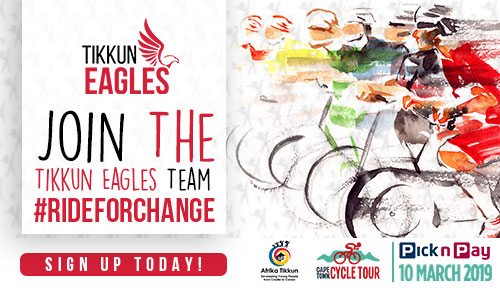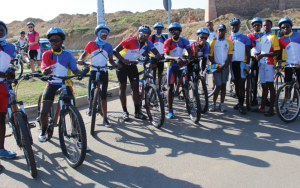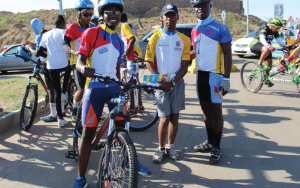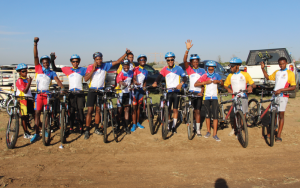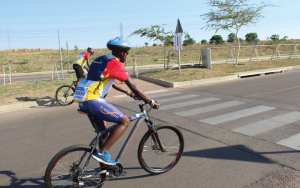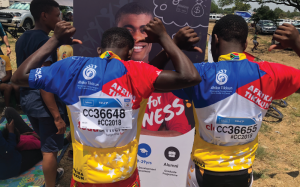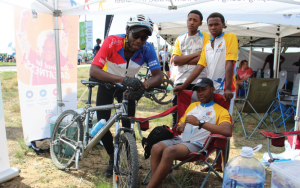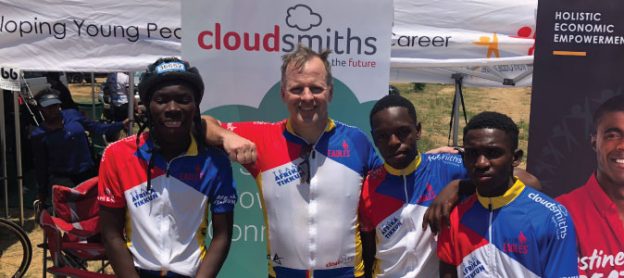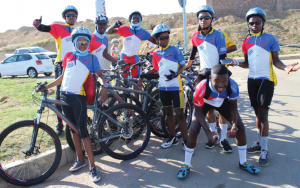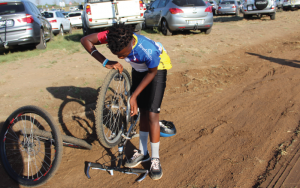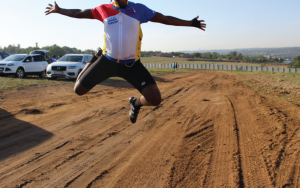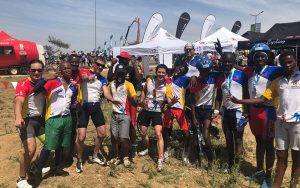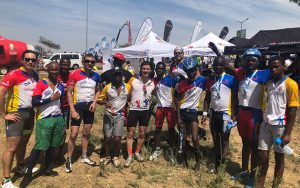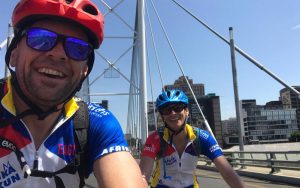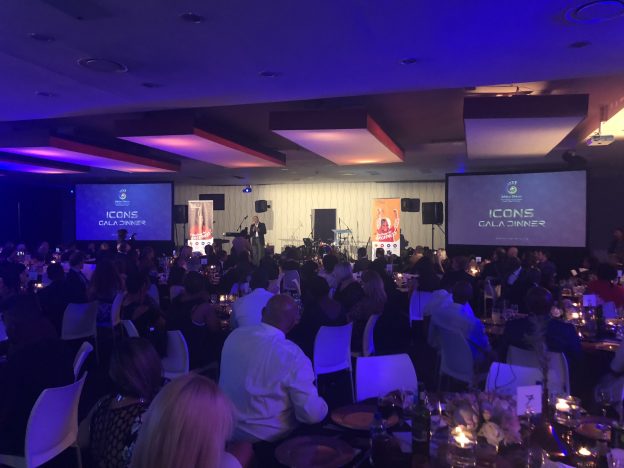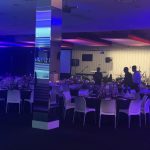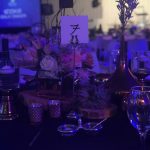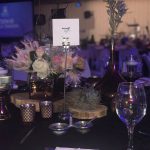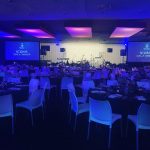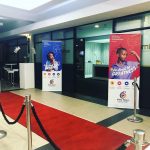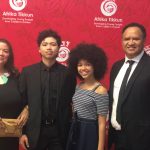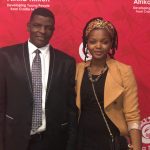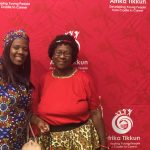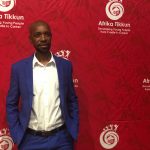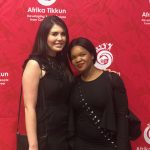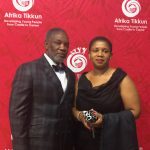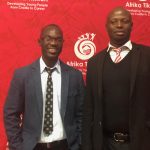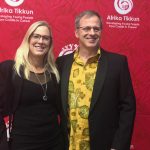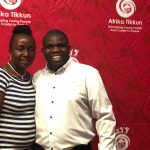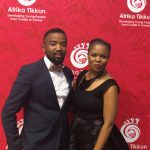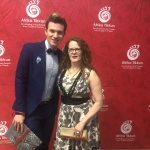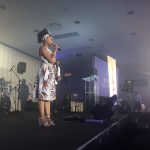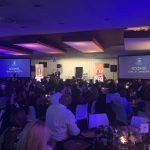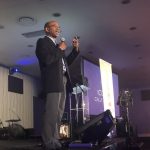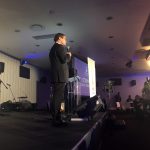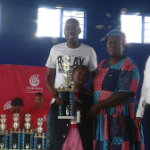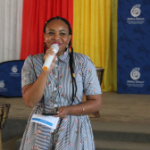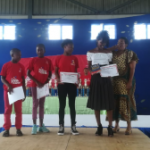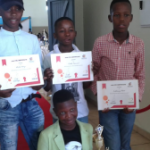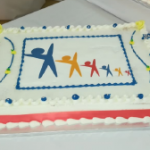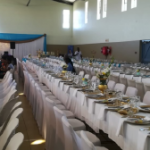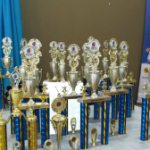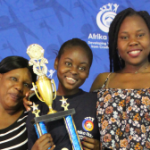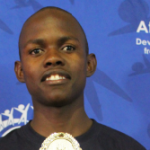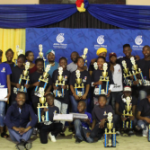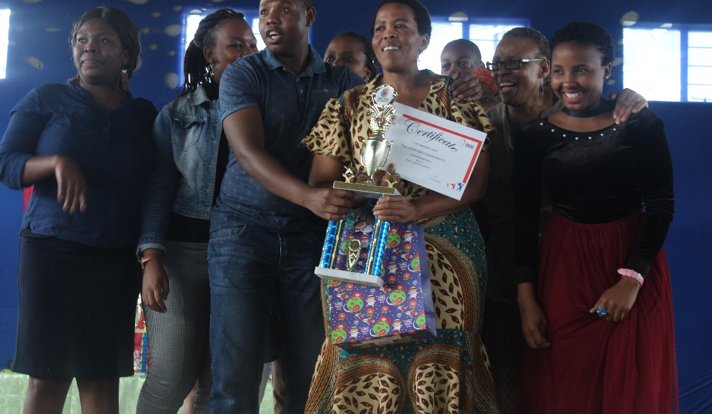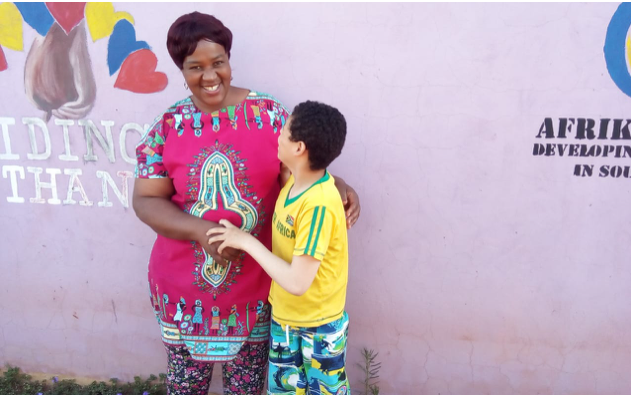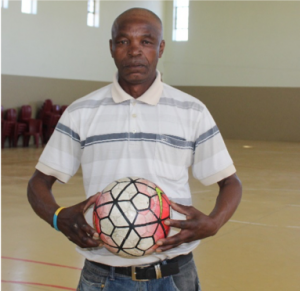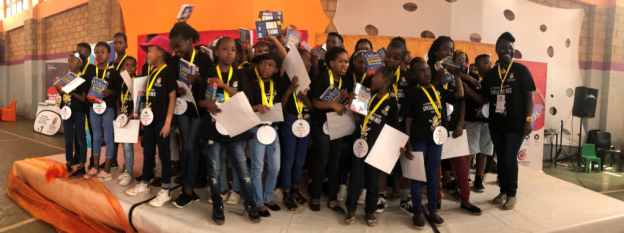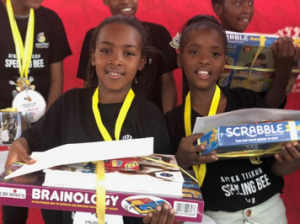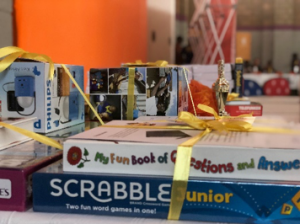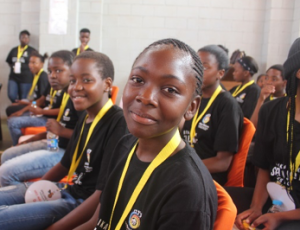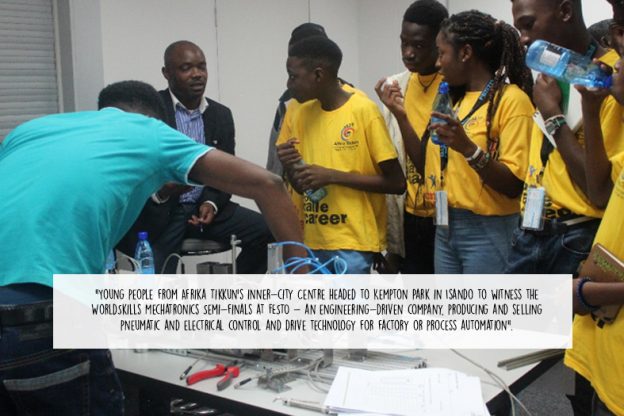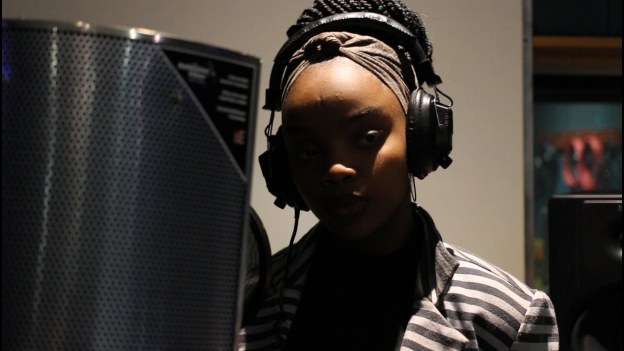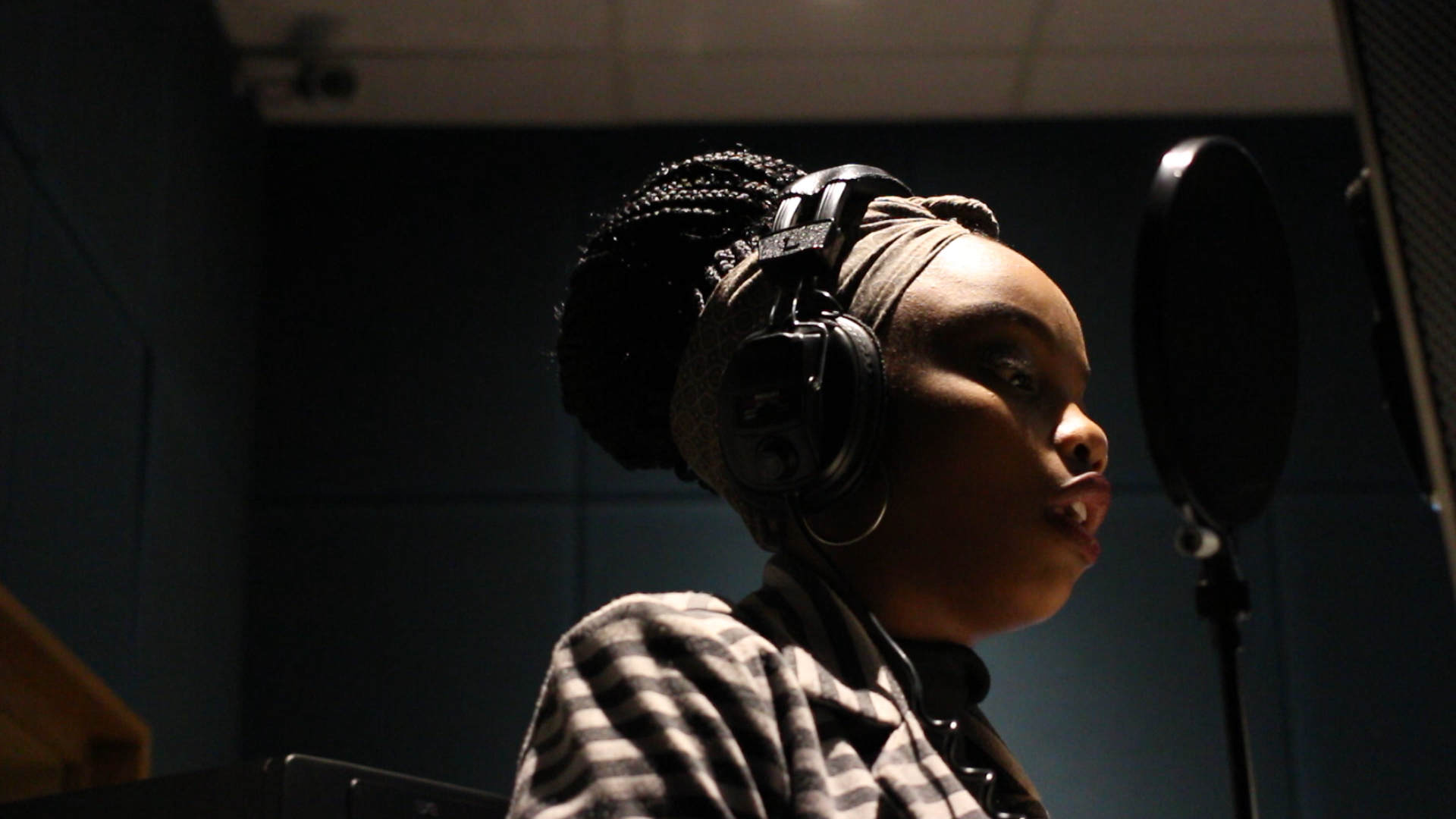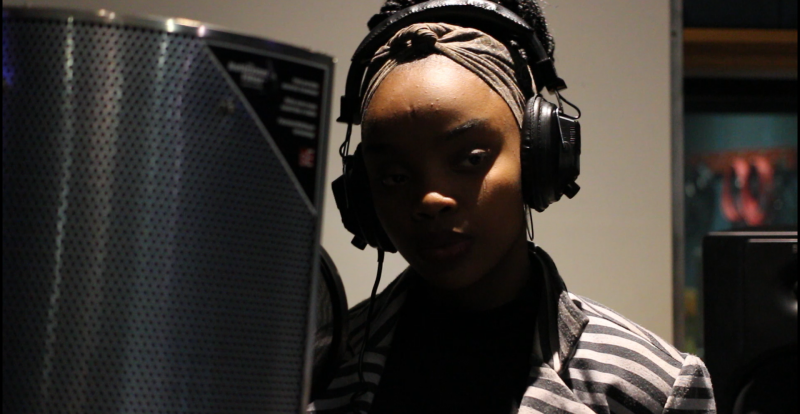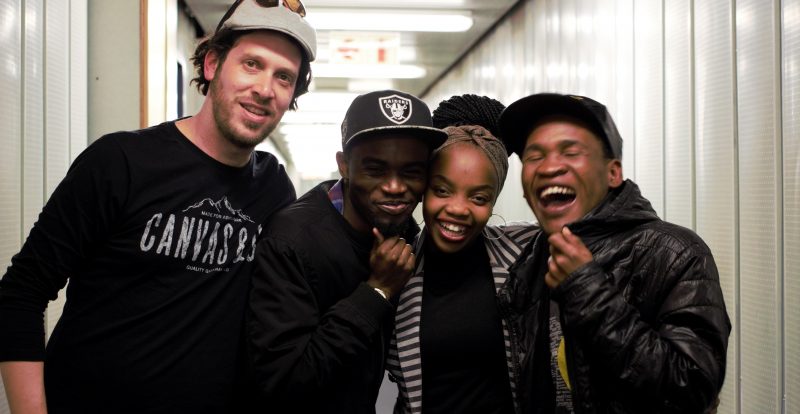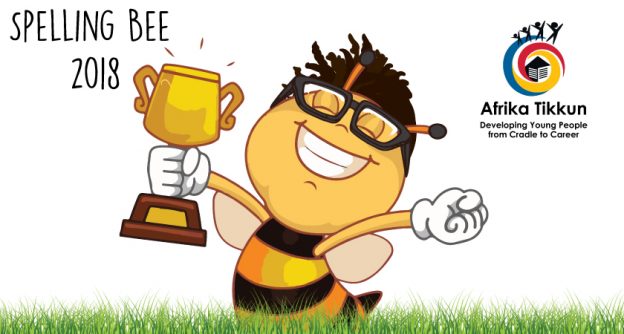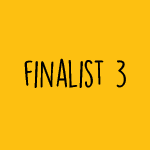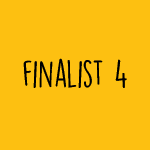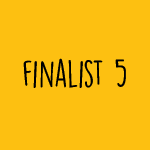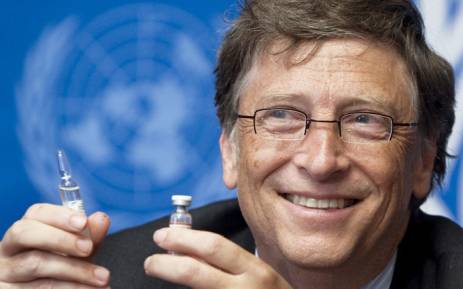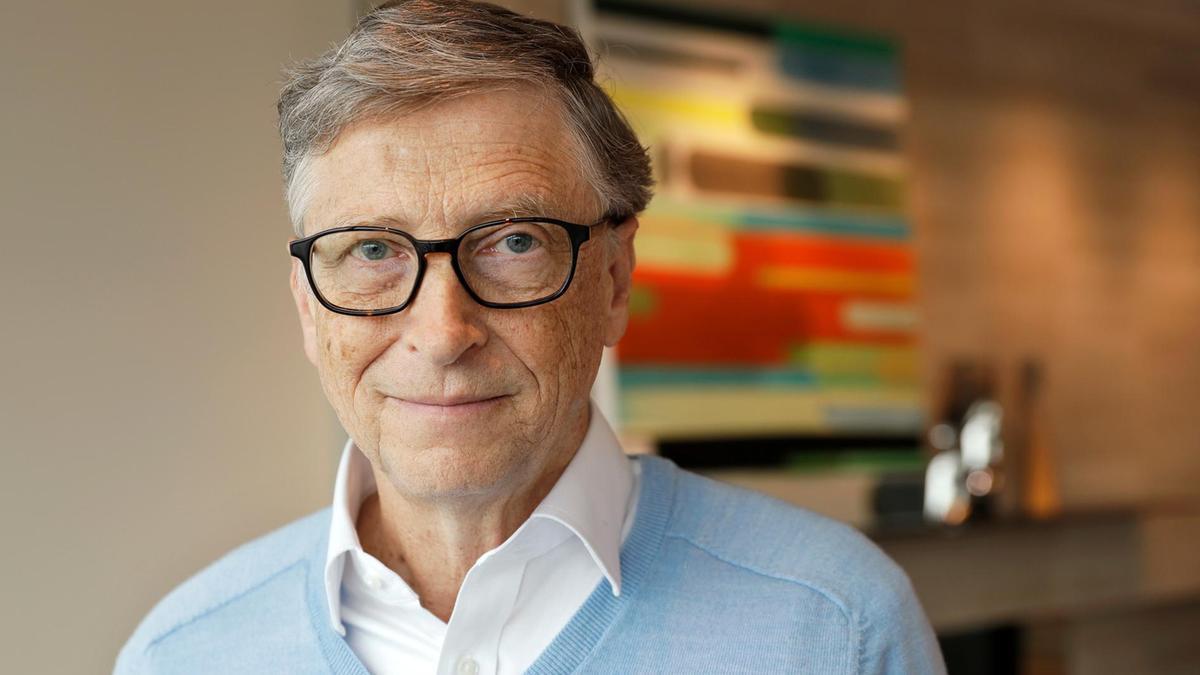By age 30, Marine Biologist Zoleka Filander had already discovered five potentially new species and one genera. It’s not an achievement she could easily have predicted, growing up as a black woman in rural South Africa, and raised by her grandparents. Her success is remarkable because it is unique – for a South African young black person.
Young men and women from the townships and villages of South Africa face similar challenges, some with even less opportunity than she had. Their success is by no means guaranteed; but with a little mindfulness and commitment, it can be done. Here are some insights into what South Africa needs to do to empower its next generation of achievers in scientific innovation ahead of the Fourth Industrial Revolution (4th IR).
South African workplaces currently report a poorly skilled workforce, which will worsen as jobs become more reliant on digital technology. The World Economic Forum (WEF) predicts that by 2020, 39% “of core skills required across occupations will be entirely different.” They also predict that by 2030, 41% of all work activities in South Africa will be automated. Weigh that against our current unemployment statistics (38% for young people).
Currently, sub-Saharan Africa has a global share of high skilled employment of only 6% (the global average is 24%). By 2030, Africa is set to expand the size of its workforce by more than the rest of the world combined (to over 600 million people). This puts a tremendous burden on our education system to prepare school goers for an uncertain future. We need a future ready curriculum that speaks to the increasingly technology driven economy, as well as how these technologies are for lack of a better phrase – disrupting almost every industry. Learners require proficiency in STEM (Science, Technology, Engineering, Mathematics) subjects and digital literacy, as well as intra-personal competency and critical thinking skills.
According to a 2018 WEF report, South Africa scores second to last for quality of Africa’s Education Systems, only edging out Mauritania. The larger context for this rating is “a global learning crisis— which affects children and youth who are out of school with limited learning opportunities and those who are in school but not learning the skills they need for their futures,” states the Brookings Institution Center for Universal Education in A Global Compact on Learning: Taking Action on Education in Developing Countries.
Their report identifies three priority areas: early childhood education and care, basic literacy and numeracy, and equipping young people with relevant skills for lives and livelihoods. These are the same priority areas identified by local experts seeking to address STEM education for the 4th IR (See Mail and Guardian, TechFinancials, TechSalon Session).
Free and compulsory early childhood education in the first six years of the child’s life is not yet available in South Africa (only Grade R is compulsory). But there is now ample research to show that children who participate in quality ECD programmes have higher levels of cognitive development and are better prepared to learn when they enter primary school. They also have lower repetition and dropout rates in the early grades, higher levels of overall achievement, and higher completion rates. They subsequently have better employment prospects. And the child’s outlook on life significantly improves with involvement of the parent in the life and learning journey of the child.
The passion for learning and imaginative exploration that the child learns in ECD, becomes an adventure of discovery in primary school. Statistics show that learners from disadvantaged backgrounds suffer from a high attrition rate from science subjects, and are most likely unable to complete their studies. When it comes to young people electing STEM subjects in their secondary schooling and as a tertiary study and career choice, the earlier the learner develops an interest in STEM subjects, the better. When it comes to giving children from townships these tools to empower their own education, there is an even more significant benefit. For them, the joy of learning and discovery, STEM competency and the ability to be self-directed are not only powerful competencies in the 4th Industrial Revolution, but essential for survival. They give our children a path of hope.

Take Ntando Mbikwana from Mfuleni in the Cape. Like most families in the township of Mfuleni, Ntando’s family relies on grant money and has no solid income due to unemployment. Alcoholism is another issue that the family is faced with and this affects the children negatively. As Ntando explains: “There’s usually a lot of tension at home when our elders get drunk and get into conflicts; coming here (Afrika Tikkun) helps me to focus on myself and the future.”
Despite, or maybe because of, a distinct lack of social and familial privilege, Ntando is deeply intrinsically motivated. He has already been awarded more than 10 certificates of excellence in primary school alone. He was nominated for a Peace Prize and is a member of the Centre’s SRC (Student Representative Council).
“I believe in working hard for what you want. I am passionate about Maths and Natural Science and since they are challenging subjects, I have to work harder on them to ensure great marks,” says Ntando.
He aspires to be a medical doctor when he completes his studies. When asked what the key to great performance at school is, Ntando says, “firstly you have to take your school work seriously; participate in class and ask questions when you don’t understand. Then make sure you prepare and practice a lot because subjects like Mathematics need you to keep practicing”.
In a country as uniquely challenged as ours, perhaps one way to ensure that learners are given what they need to compete in what is going to be an unpredictable and challenging future, is to empower local teachers (or even districts) to adapt curriculum to local relevancies. “Creating concrete connection to mathematics, science and engineering that resonates with the student’s background and interest without jeopardising the integrity of the content,” creates a bridge to facilitate better access of young people from disadvantaged backgrounds to STEM. Research shows that the most effective learning environments are those “that allow learners to negotiate meaning with their peers and promote self-interest.” (2013 Young, Young and Hamilton). Students are more vested in the outcome of the learning, and more likely to be self-directed and intrinsically motivated.
In a South American project where teachers are provided with training on how to develop curriculum based on the needs of its communities, while allowing students to acquire and construct knowledge on their own, students scored significantly higher in third-grade mathematics and language than their counterparts. As a result of its success, this project is now in 17 countries including in Africa.
Students require more than a connection to scientific knowledge however – they also require concrete things like smart phones and tablets, and access to the internet with free or much cheaper data. Afrika Tikkun is able to provide well-equipped computer labs at all its township-based centres with fast internet thanks to partnerships with companies like Workonline Communications. And the access to information that it offers creates a powerful learning environment. Children independently develop computer literacy, and proficiency using the internet. Their mathematics and science scores improve and they form independent opinions across a range of subjects.

Thembani Mavunda, from the Centre in Alex, is today an A student in Maths and Science. He has achieved significant improvement with only a little encouragement and resources. Thembani talks about how science has changed and developed his intellectual capacity. It has helped him realise that knowledge is the transformer of people’s minds and has given him hunger to seek more knowledge about the universe. He further states that, he is confident and motivated because of the learnings he acquires in science.
“I am inspired by Albert Einstein, Charles Darwin and Isaac Newton, simply because the majority of the things that I learn and that fascinate me were discovered by them, I too, hope to make a discovery of my own in the near future”
But Thembani doesn’t only require knowledge about science and digital technology.
To get ahead, he needs to be able to pair it with a deep awareness of the world he lives in as well as its needs. He has already started to develop his ideas, and recently won a competition for noise-reducing, blue-tooth enabled headphones he developed for learners like him who have to study in the high noise environments of the townships.
The ability to solve his community’s challenges through technological innovation is going to serve him well in the 4th Industrial Revolution where anything that can be automated will be automated. Jobs of the future across STEM careers, and more broadly, will reward the ability to be creative and solution orientated rather than fulfil tasks or serve a system.
TechSalon session for young people
At a recent TechSalon session, young people reflected that those who have grown up in poverty, “have a debilitating fear of failure that prevents them from trying new things.” The cost of failure is too high for those who stand to lose entire livelihoods for example, or who do not have access to disposable income. They continued, “in a country where a large part of the population lives in poverty, young people need motivation and confidence. Confidence creates change, facilitates curiosity and innovation and allows young people to take risks – including that of using and exploring technology.”
Every year for the last 11 years, Afrika Tikkun sends triathletes from its township-based Centres to participate in triathlons in Las Vegas, Germany and the UK (Thembani is an example of one). During their trips, they don’t just compete in sport – they are also exposed to the work environments of the sponsor – international company Belron (Carglass/Safelite). Years later, upon reflection on the trip (which has been, without exception, the first time someone in their family travels overseas) there is a memory of the experience universally shared by this diverse group of athletes from across the country.
They report an experience of love – yes love. To be more precise, they experience a pro-social way of doing business that radically inspires their own ideas of how to run a business and what can be cultivated in a workplace, and even a community. It’s a great company, with a truly commendable work culture. Many former triathletes – not all, not yet – have gone on to achieve great things. But this is an article about encouraging STEM subjects and STEM careers in township youth. So, so what?
Well the World Economic Forum report “the Future of Jobs” list skills that will be essential by 2020. The World Economic Forum’s list includes:
analytical thinking and innovation, creativity, originality and initiative, active learning and learning strategies, technology design and programming, complex problem-solving, leadership and social influence, reasoning, problem-solving and ideation, critical thinking and analysis, resilience, stress tolerance and flexibility, emotional intelligence.
The exposure to other ways of being and collaborating as a community radically changed our triathletes’ outlook and idea of what can be achieved. But travel is not a solution that can be afforded to the entire youth population. They need an education across learning environments to teach not only the STEM subjects spoken of, but also the transferrable skills WEF refer to. Transferrable skills are skills that can be applied across subjects, contexts, in and out of class, and in both formal and informal learning environments. They are not cultivated in isolation of development of the entire human being – and they are the skills that help the individual to flourish not only in a rapidly changing technology driven economy, but in a democracy as well.

When you hear someone like 15 year old Fortunate Baloyi speak about why she loves science, it is easy to pick up that she has already started to acquire some of the transferrable cognitive and emotional skills listed above:
‘I am a person who enjoys fixing things and finding more information on how things work so I can come up with ideas to make them better and solve problems,” said Fortunate. Fortunate is one of the best-achieving studies in the Maths and Science stream in the centre, and is motivated not only by her curiosity but by a desire to help her family out of poverty. This is a commonly expressed motivator.
Sandile from Hillbrow, explained that his science marks have significantly improved since he made the conscious decision to place his future in his own hands. The future pilot added that “as a child, I grew up watching science-related documentaries and sci-fi movies and that has a lot to do with my decision of finding a career in the field of science”. However, the most inspirational reason for wanting to fly is to honour his late father. Sandile’s father wanted to become a pilot before he passed on and this is his greatest motivator, to wear his flying colours in his father’s name.
Yet, for the majority, these skills are a very tall order to ask of young people under the kind of extreme stress and continuous trauma that characterise the lives of many young people living in townships. Township life combines poverty with gender bias, inadequate service delivery, high tolerance of violence and extreme inequality. It is not conducive to developing confidence, higher order general reasoning and experimentation and risk in young people.
Post-matric young people are currently being trained at Afrika Tikkun in coding, web design, network security and computer literacy among some of the essential skills we hope will prepare them for careers in the 4thIR – however, over and above that is the caution that South Africa needs to respond comprehensively to the need for the child’s full development. Simply having STEM subjects are not enough – we need to reduce the attrition rate of under-privileged children by catching them early and supporting their full cognitive, intra-personal and emotional development.
Offline Sources
Learning and Education in Developing Countries: Research and Policy for the Post-2015 UN Development Goals Edited by Daniel A. Wagner UNESCO Chair in Learning and Literacy, Graduate
For more information on Afrika Tikkun and their initiatives call 011 325 5914, email info@afrikatikkun.org or visit www.afrikatikkun.org.
